Drone Laws in Honduras
Hobbyist Drone Laws For Residents of Honduras
Drone Operations in Honduras are currently regulated.
- Hobbyist drone flights are allowed in Honduras
- Hobbyist Honduras drone pilot license is required
- Hobbyist Drone registration is required in Honduras for hobbyists
- Drone Remote ID is not required in Honduras for hobbyists
- Drone Insurance is not required but recommended for hobbyists’ drone operations in Honduras
Read below for more details on Hobbyist Drone Laws in Honduras and to find links to regulators and other credible sources!
Agencies Responsible for regulating drones in the Republic of Honduras
Drone Regulator in Honduras: Agencia Hondureña De Aeronautica Civil (AHAC)
Honduras Drone Regulations (In Spanish)
Contact Information
If you need additional details, we have not covered or specific case help, contact AHAC at:
- Address:
- Phone: (+504) 9842-2575 (Hours are 9:00 a.m. to 5:00 p.m.
- Email: rpad@ahac.gob.hn
Please continue reading for more details on Drone Laws.
UAS Laws – General rules for flying drones in Honduras
The Honduras agency responsible for drone safety, AHAC, has provided several internet-accessible details on flying for fun or work. The highlights are enumerated below. For more details, go to the link above.
Are drones allowed in Honduras?
According to AHAC, drone use is allowed in Honduras, subject to AHAC regulations. Read on for more details.
Drone Classifications in Honduras
Honduras classifies drones by weight and use. Compliance varies by classification.
| Category | Weight | Requirements |
| Micro | Under 250g | Not required to be registered for private use |
| Mini | From 250g to 2.5kg | Registration required |
| Pequeno | From 2.5kg to 25kg | Registration required |
| Grande | More than 25kg | Requires special authorization |
Operational Requirements for flying a drone in Honduras:
- Drone propellers and/or rotors cannot be made of metal.
- The RPAS must be manufactured in all its components of suitable materials that break, distort, or yield on impact to minimize the risk to any person, structure, or object in the collision event.
- Do not exceed weight (takeoff mass) beyond what is allowed according to its category.
- Have the appropriate means for deployment and recovery to operate safely (landing gear, skid, net, parachute, etc.).
- Possess an assisted flight system (flight controller) that provides the RPAS with controllable steady-state operation every moment.
- Positioning system (GPS) and data recorder (logbook flight) onboard that report position and store information on the operations.
- Security mechanisms (RTH, RTL, etc.) facilitate automatic return in case of loss of communications with the ground control station or other emergencies.
- A robust radio communication system(s) that guarantees command and control at all times, as well as the telemetry of essential data to the remote pilot during operations. Such systems must not cause interference and be resistant to interference.
- A remote pilot interface OR ground control station is reliable, compatible with the remote pilot, and capable of providing command means to control and provide data visualization of flight, all in real-time during the entire operation.
- Have all the technical documentation relevant to the operation, maintenance, and history of the RPAS (manuals, instructions, logs, etc.).
Here are the most important rules to know for flying a drone in Honduras:
- “RPAS” operation is not permitted above 400 feet (122 meters), above ground level (AGL).
- The operation of “RPAS” is not allowed when adverse conditions exist and/or meteorological risk factors (strong winds, precipitation, rain, atypical solar activity, etc.).
- The operation of the “RPAS” is not allowed beyond the Pilot’s visual range.
- It is not allowed to operate two or more “RPAS” simultaneously by the same Remote Pilot.
- The operation of an “RPAS” by the Remote Pilot is not allowed under the influence of the ingestion of alcoholic beverages or psychotropic or narcotic drugs that affect the psychomotor response and situational awareness.
- “RPAS” operation is not allowed at night time (between twilight evening civilian twilight and morning civil twilight, from the official sunset at the official sunrise time), nor daytime conditions instrument flight (IFR).
- It is not allowed to throw OR release objects from the “RPAS” during its operation.
- The operation of “RPAS” is not allowed in prohibited, restricted, or dangerous in Honduran airspace published in the current AIP in Honduras.
- “RPAS” operations are not allowed within a radius of: 2.7 miles nautical (5 kilometers) around an airport, 1.5 nautical miles (3 kilometers) from an uncontrolled aerodrome, and 0.5 nautical miles (1 kilometer) of a heliport,
- “RPAS” operations are not allowed near crewed aircraft and air operations.
- The operation of “RPAS” on military installations and entities is not allowed. For example, National Security, the Presidential House, the Supreme Court of Justice, the National Congress of the Republic, courts, and agencies related, judicial centers, government institutions, power stations and substations, hydroelectric dams, power plants, geothermal, seaports, hospitals, prisons, Diplomatic bodies (Embassies, consulates and the like), reservations biological, and areas declared according to municipal regulations.
- RPAS operation is not allowed within a radius of two kilometers (2 km) around any place where the President of the Republic, Presidential appointees, and other national authorities or embassies.
- “RPAS” operations are not allowed over populated urban areas, public events, crowds, and buildings.
- RPAS operations to house OR transport animals, dangerous goods, or substances are prohibited by law.
Registration of Operators and Operating Limitations of Remote-Pilot Aircraft Systems (RPAS)
You must register using the RPAS Registration Form (see link below)
Documents you must attach:
- Copy of Identity
- Copy of Purchase Invoice or Affidavit
- Letter of Commitment. (Only for classification of PRIVATE USE, you must present a signed commitment letter, where you agree to comply with the provisions of the regulations and will not carry out commercial, institutional, or profit-making operations.)
- Photographs of the aircraft (front, side, rear, and top)
- Photographs of the ground command station
- Photographs of the support team (only if applicable)
- Authenticated Copy of Insurance Policy. (Only for Commercial and Government)
- Operator’s Manual (in case of being Commercial or Government)
Steps to register your RPAS/Drone
It is necessary to follow these steps so that the process of registering your drone is carried out:
- Fill in Annex 1 – RPAS Registration Form (download form).
- Attach the form, annex, and documentation required for registration to the email satramitestecnicos@ahac.gob.hn
- Request your registration certificate at the Honduran Civil Aeronautics Agency 500 Mts north of Toncontín International Airport. The RPAS Registration procedures have a one-time cost of $10.
After Registering your RPAS/Drone
Once you register your drone, you will receive an AHAC registration certificate. You must have your registration certificate (either a paper copy or a digital copy) in your possession when you travel. If another person operates your drone, you must have the drone registration certificate (either a paper or digital copy) in your possession. Civil aeronautics law requires that drone operators who are required to register show their registration certificate to any law enforcement officer if requested.
Notes for recreational drone pilots flying for fun in Honduras
See the General Rules above.
Commercial Drone Laws For Residents of Honduras
Drone Operations in Honduras are currently regulated.
- Commercial drone flights are allowed in Honduras
- Commercial Honduras drone pilot license is required
- Commercial Drone registration is required in Honduras for commercial drone operators
- Drone Remote ID is not required in Honduras for Commercial Drone Operators
- Drone Insurance is required for commercial drone operations in Honduras
Read below for more details on Commercial Drone Laws in Honduras and to find links to regulators and other credible sources!
Notes for operating Commercial Drone Services in Honduras
Minimum Requirements for Remote Pilots/Observers:
Any natural person who intends to operate Remote Piloted Aircraft Systems for Commercial or Institutional/Governmental use must be registered with the Aeronautical Authority, subject to compliance with the following requirements:
- Be over eighteen (18) years of age.
- Submit a registration form (Attach).
- Class III Medical Certificate.
- Accredit approval of the RPAS Theoretical-Practical Course, taught by an Aeronautical Instruction Center, or a National or foreign University that has a unit in Aeronautical Sciences with a continuous education program in RPAS, approved by the Honduran Civil Aeronautics Agency.
- The applicant must have demonstrated a level of knowledge appropriate to the attributions that the registration of remote pilot / remote observer confers on him, at least in the topics included in Annex 5 (see Annex 5).
- Accredit a minimum of 20 hours of RPAS operations through a flight log.
Procediminetos and Maneuvers
The applicant must have demonstrated before the authority his ability to execute, as pilot-in-command of an aircraft, of the appropriate model and type, the procedures and maneuvers described with a degree of competence appropriate to the attributions for the registration of remote pilot/observer:
- Recognition and management of threats, risks and errors.
- Pilot the aircraft within its limitations.
- Perform all maneuvers smoothly and accurately.
- Demonstrate good judgment and flight aptitude.
- Apply aeronautical knowledge.
- Master the aircraft at all times so that there is never any doubt about the successful execution of a procedure or maneuver.
All RPAS classified under commercial use, regardless of their weight and who carry out operations with economic purposes or classified under institutional use or intended for the service of the public, must undergo the RPAS type Registration process and Authorization for Operations.
- All RPAS operations for profit, institutional, OR intended for public service must comply with the limitations
general operating instructions contained in section A) of the “LIMITATIONS OF THE OPERATION OF RPAS IN THE AIRSPACE HONDURAN “ - All operators with RPAS within this classification must be registered in the National Aeronautical Registry of the Honduran Civil Aeronautics Agency.
- All PAS operations within this classification must obtain the authorization of Commercial RPAS OR RPAS Institutional / Government.
- All PAS operations within this classification must include a Civil Liability Insurance Policy for damage to Third Parties
at minimum.
Commercial RPAS Operation Request:
Any natural or legal person who intends to carry out operations with Systems of Remotely Piloted Aircraft (RPAS) and its purpose is commercial must obtain authorization from the Honduran Civil Aeronautics Agency and must prove the following documentation:
- Authorization Request Form
- Proof of Registration and identification of the RPAS
- Verification of the Remote Observer Pilot record
- Civil liability insurance policy for damage to third parties.
- Service Contract that will be provided as the case may be.
- Operator’s Manual
- If the natural or legal person intends to carry out operations for purposes of private security, he must accredit an opinion by the Security Secretary.
- Once the requirements established in this section have been met, the Authority Aeronáutica will extend the authorization for the Operation of Commercial Use.
Other obligations and regulations may be applied. Check the links provided above.
Drone Laws For Visitors To Honduras
Drone Operations in Honduras are currently regulated.
- Foreign visitor drone flights are allowed in Honduras
- Foreign visitor drone pilot license is required
- Drone registration is required in Honduras for visitors/tourists
- Drone Remote ID is not required in Honduras for tourists
- Drone Insurance is not required but recommended for tourist drone operations in Honduras
Read below for more details on Drone Laws in Honduras for Visitors (Tourists) and to find links to regulators and other credible sources!
Drone Laws For Government Drone Operators in Honduras
Drone Operations in Honduras are currently regulated.
- Government drone flights are allowed in Honduras
- Government drone pilot license is required
- Drone registration is required in Honduras for Government operations
- Drone Remote ID is not required in Honduras for Government operations
- Drone Insurance is not required for Government drone operations in Honduras
Read below for more details on Drone Laws Honduras for Government Drone Operations and to find links to regulators and other credible sources!
Useful published information on flying drones in Honduras
Here is a sample of what you might expect if you follow the drone laws and fly in Honduras…
Authoritative Sources of Information on Honduras Drone Laws
We will attempt to keep an updated list of online authoritative links to regulators and other official websites here:
- Drone Regulator Website: Agencia Hondureña De Aeronautica Civil (AHAC)
- Link To SUAS Laws: Honduras Drone Regulations (In Spanish)
- No Fly Zone Maps/Locations: N/A
- UAV Registration Site: RPAS Registration Form
- Drone Operator Licensing Site: N/A
- Others: N/A
NOTE: This page is about the Regulation of Unmanned Aerial Vehicles: Small Unmanned Aerial Systems (SUAS), Small UAS, Remote Piloted Aerial Systems (RPAS), unmanned aerial vehicle (UAV), Unmanned Aerial System (UAS), and drone are interchangeable terms unless specified. Model Aircraft, toy, remote-controlled, and RC aircraft may be covered by the same regulations unless specified.
Find out why
We think you must use a Drone Preflight Checklist
And a Drone Post-flight checklist
Free Drone Flight Checklist PDF
This Drone Flight Checklist is better than others.
It’s free!
It includes both the preflight checklist and post-flight checklist
It’s an easy-to-use printable PDF that covers all your bases.
Traveling with a Drone?
Click here to read our Comprehensive Guide For Traveling With A Drone.
LET US CONNECT YOU
Calling All Drone Service Companies, Trainers, Tour Guides with Drone Experience
Contact Us with your website, email address and phone number using our Contact Page
We want to share your information with visitors who look for credible providers that follow the rules.
NOW IT’S YOUR TURN
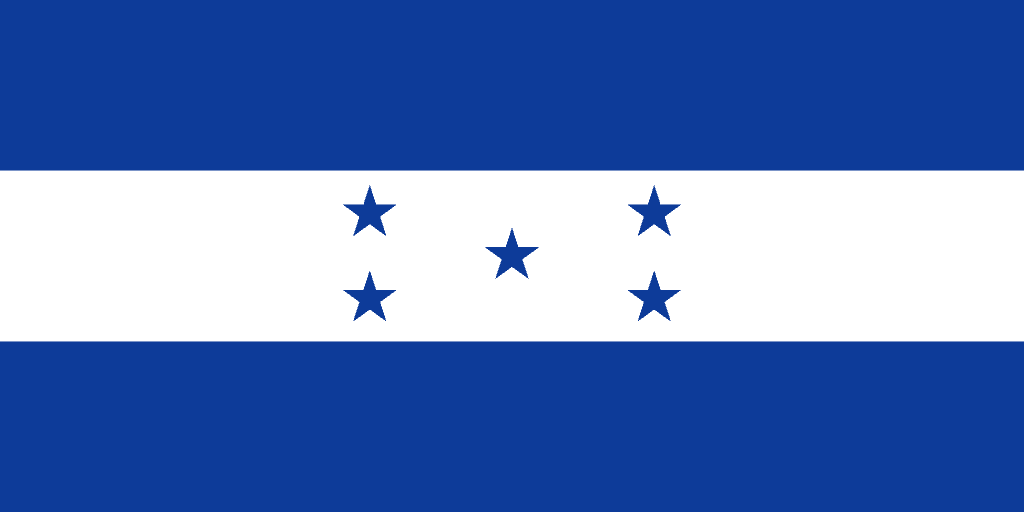
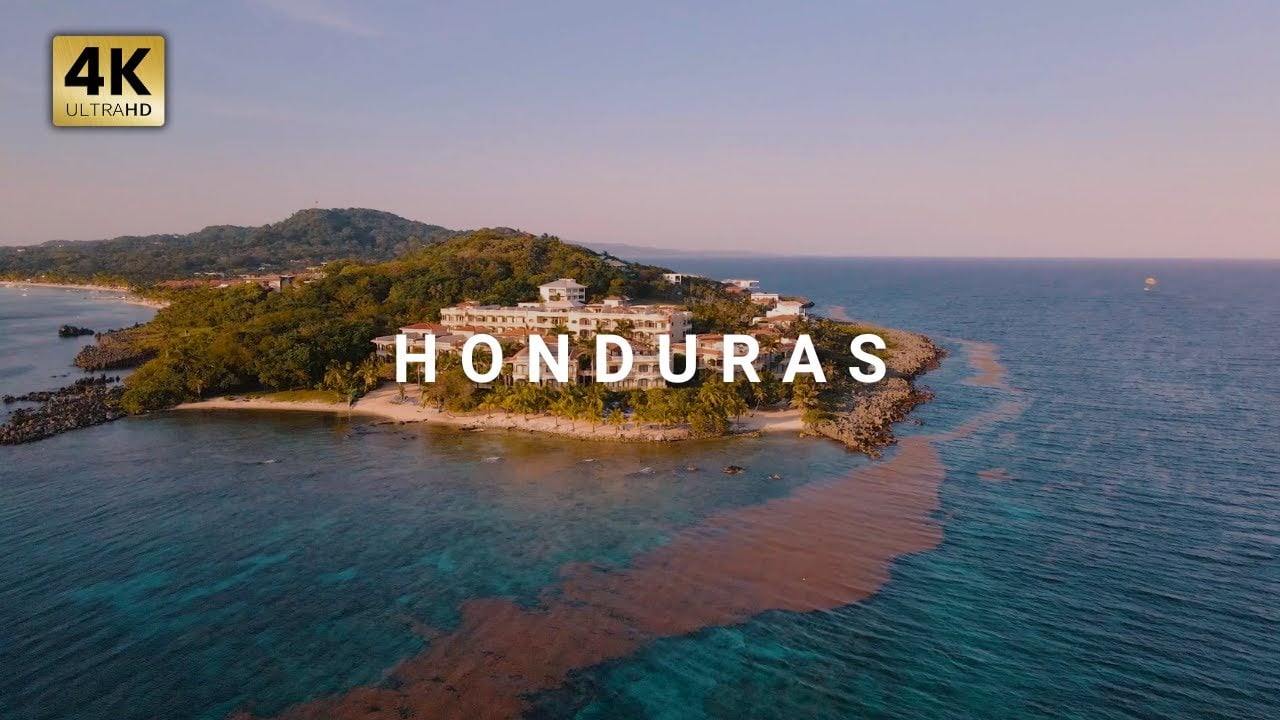
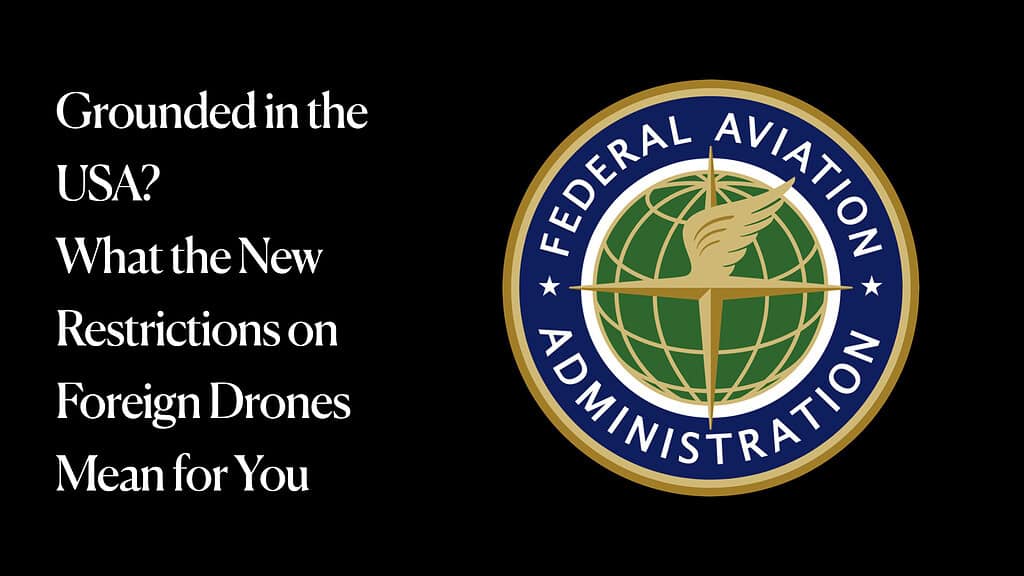
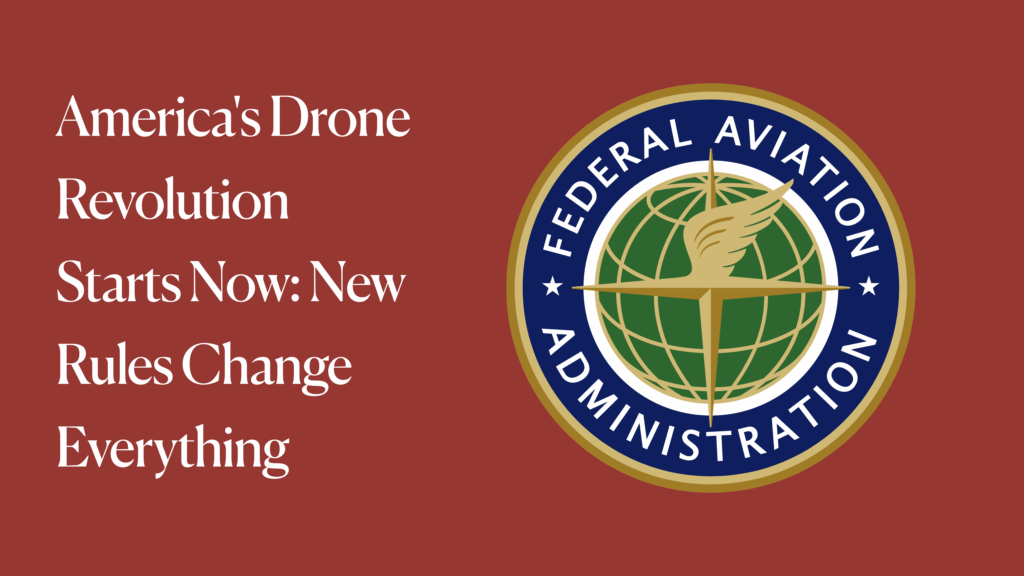
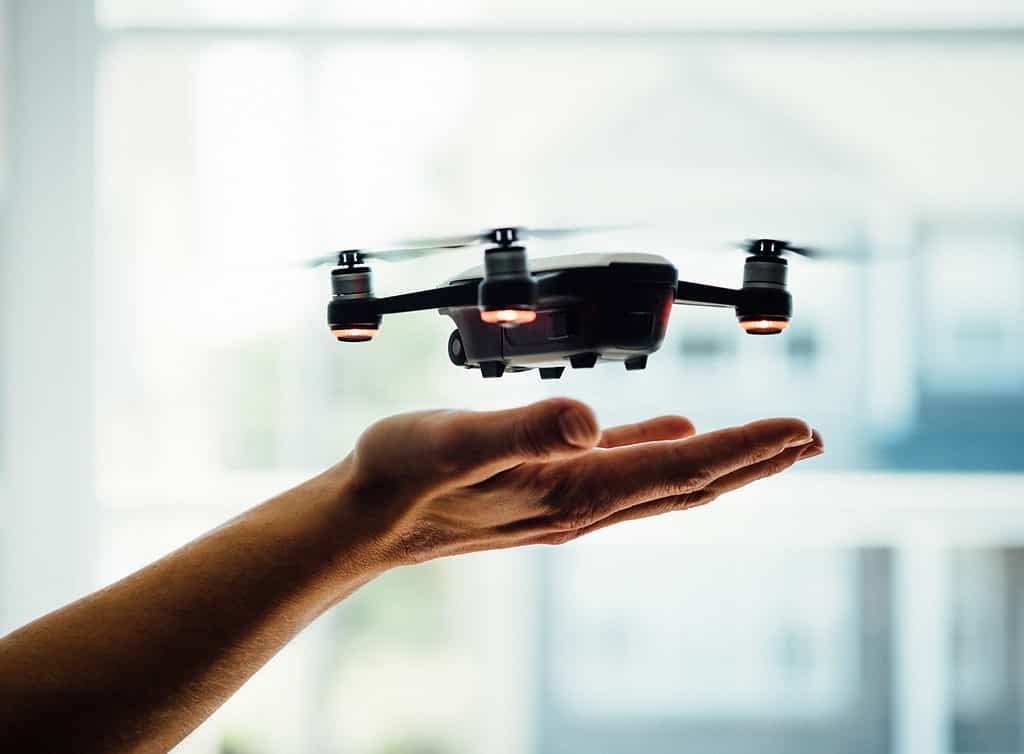
Leave a Comment